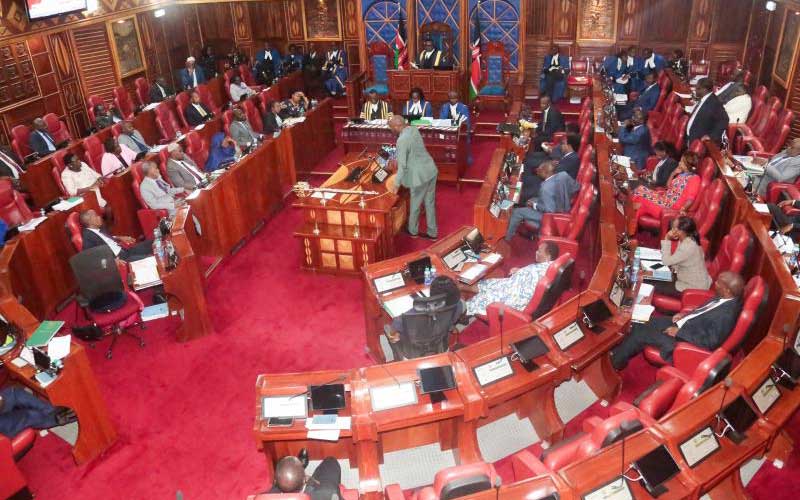×
The Standard e-Paper
Stay Informed, Even Offline

Senators at a past session. [File, Standard]
If the directive to shut down counties is not rescinded soon, many Kenyans could lose their lives, not from the infamous coronavirus but easy curable diseases, as hospitals close their doors. Many people risk being unable to access timely medical attention from state-funded county-run health facilities.